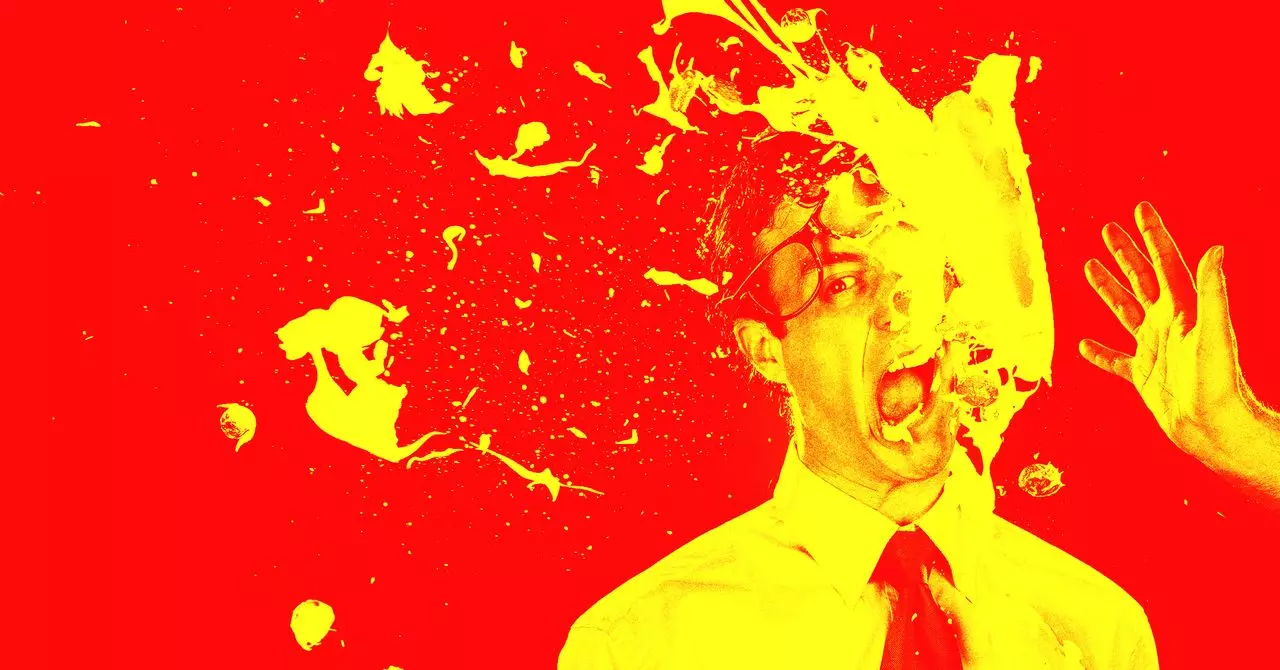In recent years, artificial intelligence has transformed from a futuristic concept into a practical tool embedded in many digital services we use daily. However, this rapid integration has come with a mounting backlash, particularly among younger users and creative professionals who feel threatened by AI’s growing influence. The once-celebrated tech novelty has evolved into a lightning rod for debates about automation, job security, and ethical boundaries.
One striking illustration of this shift is seen in the public response to Duolingo’s pivot toward an “AI-first” strategy. Previously lauded for its playful and engaging social media presence, the language app’s decision to replace some external contractors with generative AI automation ignited widespread discontent online. Longtime users—many proud of their learning streaks and community connections—expressed outrage, often choosing to delete the app despite personal sacrifices. This reaction underscores how deeply technologies that impact employment can unsettle even loyal customers, especially when those tech changes feel abrupt or inadequately explained.
The Double-Edged Sword of Automation in the Workplace
Duolingo’s shift is not an isolated case but emblematic of a broader trend across the tech industry. Companies like Klarna and Salesforce have openly acknowledged that AI-driven automation will reduce the need for hiring in traditional roles such as customer service and engineering. The emergence of AI “agents”—software designed to autonomously complete tasks—further signals a future where human input might be sidelined in favor of efficiency gains.
While the promise of automation includes higher productivity and lower costs, the human cost cannot be ignored. Workers fear displacement, reduced job security, and diminishing opportunities for meaningful employment. Instead of viewing AI purely as a tool to augment human effort, many see it as a mechanism to replace workers altogether. This perception fuels anxiety and resistance, even as companies insist that AI will function alongside human oversight rather than supplant personnel entirely.
Ethical Complexities and Creative Community Pushback
The controversy surrounding AI extends beyond job markets to intellectual property and creative integrity. When generative AI tools like ChatGPT and image synthesis models first appeared, there was widespread fascination with their capabilities. Users marveled at how quickly they could produce text, artwork, or even quirky cartoons with simple prompts. However, this initial excitement gave way to alarm as artists, writers, and other creators discovered their original works had been harvested without consent to train these algorithms.
This “data scraping” practice has ignited fierce debates about copyright infringement and the morality of building AI on the backs of human creativity. The 2023 Hollywood writer’s strike, along with numerous lawsuits filed by publishers and artists, highlights a significant clash between technological advancement and existing labor rights. It raises urgent questions about how we value creative labor in an era when AI can mimic human output but does not—or cannot—compensate the originators.
Beyond Efficiency: The Hidden Costs of AI Adoption
Beyond employment and copyright concerns, the rapid adoption of AI introduces other troubling issues. The environmental impact of training massive AI models strains energy resources, contributing to carbon emissions that often go unnoticed. Meanwhile, the prevalence of error-prone or misleading AI-generated content raises worries about misinformation and degradation of trust online. Additionally, the psychological effects on users—such as reduced attention spans or overreliance on automated responses—may have long-term consequences for mental health and cognitive development.
These multifaceted challenges paint a picture of AI as a technology with immense potential but serious pitfalls. The growing skepticism signals not just resistance to change, but a call for more responsible innovation that prioritizes human values over blind technological progress.
The Broader Cultural Reckoning with AI
Ultimately, the uneasy reception of AI tools reveals a cultural reckoning. Society is grappling with how to balance the benefits of automation and generative technologies against the ethical dilemmas and social disruptions they provoke. Enthusiasm has been tempered by fear, and awe has transformed into scrutiny. This tension reflects a fundamental question of our time: as AI becomes increasingly embedded in everyday life, who gets to decide its role, and whose interests will it serve?
The Duolingo episode is a microcosm of this larger struggle, illustrating how technology companies must navigate public trust while pursuing innovation. If AI is to be embraced widely, it will require transparency, accountability, and a genuine commitment to protecting the livelihoods and rights of both creators and workers—not just a rush to replace humans with machines.


Leave a Reply